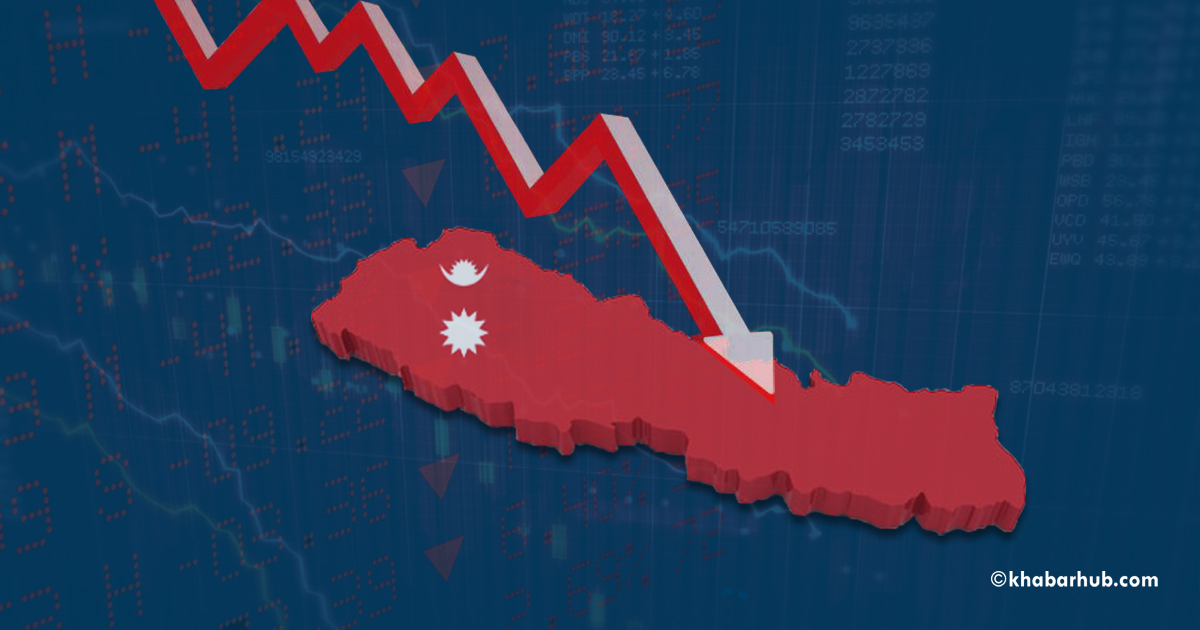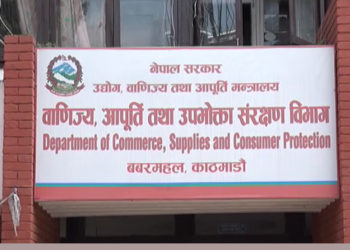The global economic slowdown triggered by the Coronavirus outbreak has tremendously damaged the world economy.
The economic impact of the lockdown is sure to escalate further in the coming months.
It is expected that nearly 200 million full-time jobs will be lost in the next 3 months due to the pandemic.
Service sectors such as hotels, restaurants, airlines, and travel, retail and manufacturing are worst-affected.
Looking at the scenario in South Asia, millions of jobs are at risk after Covid-19 lockdown. As factories and industries are shuttered, laborers are having tough time feeding their families.
Similarly, tourism and service sector employees are hit hard due to the lockdown.
According to the International Labour Organization (ILO) report, around 40 crore informal sector workers in India are sure to face the brunt because of the shutdown.
However, governments of the South Asian countries, particularly the SAARC member states, have pledged a welfare program for their citizens.
In developing countries where the informal sector (untaxed vendor, laborer) makes up a significant portion of the economy, the prolonged lockdown has hit the hardest.
According to the International Labour Organization (ILO) report, around 40 crore informal sector workers in India are sure to face the brunt because of the shutdown.
According to a report by Reuters, more than two-thirds of Small Scale Manufacturers in India have faced problems paying salaries to their employees.
In Nepal, wage-earners, informal sector workers and self-employed vendors are particularly hit hard by the shutdown.
Ironically, this informal sector is going to miss out on relief efforts conducted by the government that support local economies and workers in the registered business.
Besides, remittance to Nepal is projected to fall by 14% (equivalent to NRs. 145 Billion) this year, as per the World Bank report.
Remarkably, the size of remittance in Nepal was equivalent to 27.3% of GDP in 2019, the highest in South Asia. The economic slowdown is likely to directly affect remittance outflows from Middle East countries and other developed countries.
Similarly, a significant number of Nepalese abroad are expected to return home after losing their jobs due to the global economic slowdown.
According to the Foreign Employment Board, around 5,34,000 Nepalese workers from Gulf countries and Malaysia wish to return home immediately.
This is going to be difficult for Nepalese living in Nepal or even outside the country.
Similarly, tourism is the worst-hit sector due to this pandemic. Tourism in Nepal is a source of both direct and indirect employment and is a major foreign exchange earner.
It is one of the largest industries which has contributed 8% to Nepal’s economy.
However, it is expected to see millions of rupees revenue loss, and according to the Hotel Association of Nepal, around 1.1 million workers are at risk of losing jobs.
The country is suffering from this unprecedented crisis in many ways including a collapse in tourism, remittance, and retail business and will affect the nation for the whole year.
In 2019, around 1.17 million international tourists came to Nepal. This year, the government had a target of attracting two million tourists as the country had announced the Visit Nepal Year 2020. Sadly enough, no hotel rooms are currently occupied. As hotels are going to close until October this year, this crisis is surely hit the country’s economy.
Meanwhile, the manufacturing, wholesale and retail sectors, which are also one of the largest contributors to the economy, are already hit hard by the drastic downfall in imports from China and India after the outbreak of the pandemic.
There is also a high risk of general inflation. Due to the limited supply from China, Nepal may have to import raw materials and finished products from third countries, which ultimately is sure to become costly.
The country is suffering from this unprecedented crisis in many ways including a collapse in tourism, remittance, and retail business and will affect the nation for the whole year.
Although we are yet to experience the full impact and aftermath the Covid-19, this has already created economic uncertainty in the country.
As people are losing jobs and thousands of migrants are expected to return from Gulf countries, the government needs to work proactively to solve this problem.
A robust plan to support Nepalese business, concrete measures to support and fund a small business, and relief packages for affected sectors will help the nation to revitalize its economy.









Comment